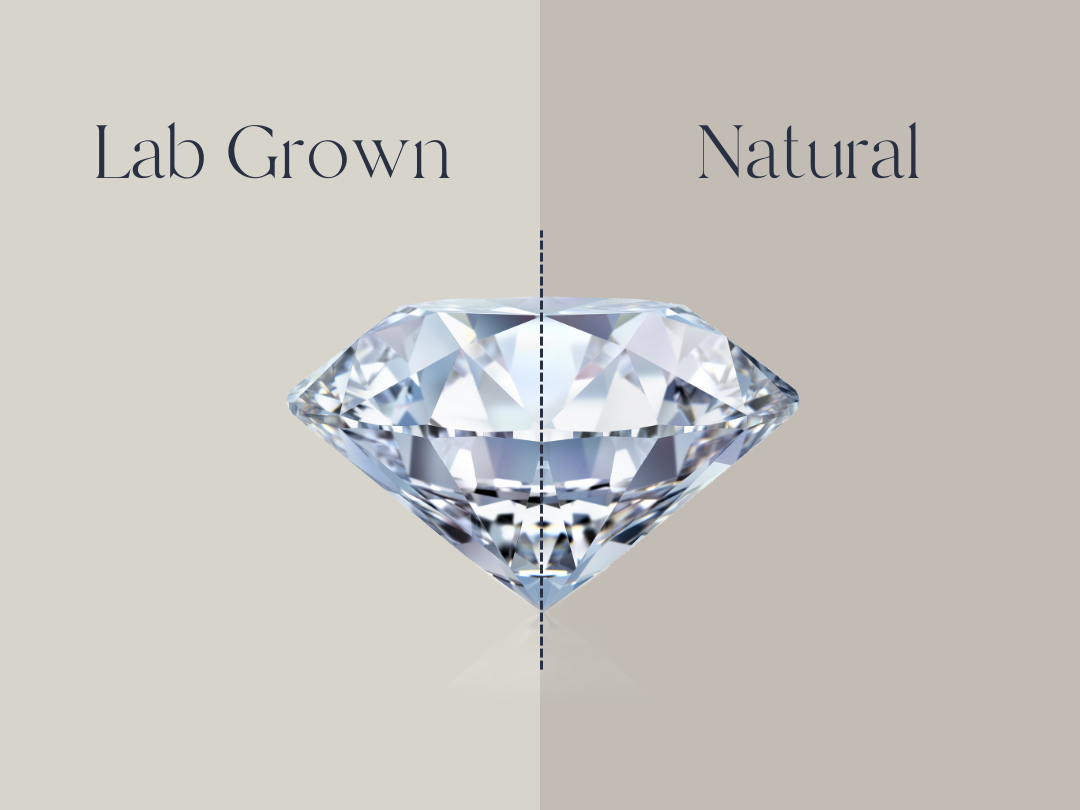Hotel marketing has undergone a dramatic transformation over the years, evolving from simple, straightforward advertising to complex digital campaigns that engage potential guests across multiple platforms. The shift from traditional methods like billboards and print ads to digital strategies reflects broader changes in consumer behaviour and technological advancements.
As the hospitality industry continues to adapt to these changes, understanding the evolution of hotel marketing not only highlights how far the industry has come but also provides valuable insights into what drives success in today’s digital age.
This blog explores the journey of hotel marketing from its early days to the sophisticated approaches defining the current landscape.
Early Days of Hotel Marketing
Initially, hotel marketing centred around visibility and simple advertising methods such as billboards, print ads and partnerships with travel agents. These strategies were designed to capture the attention of as many potential guests as possible, focusing on showcasing hotel luxuries and prime locations to entice travellers.
Marketing efforts were broad and non-targeted, relying heavily on physical presence and geographical advantages. Hotels utilised print media and conspicuous roadside billboards to reach local travellers or those passing by, with the effectiveness of these methods largely depending on the hotel’s location and the visibility of its advertisements.
Transition to Digital
The transition to digital marketing marked a significant evolution in hotel advertising. As the internet became mainstream in the late 1990s, hotels quickly recognised its potential to reach a global audience. Early hotel websites functioned as digital brochures, featuring amenities, photos and contact information but soon evolved to offer online booking capabilities, enhancing customer convenience and engagement.
Email marketing also emerged as a key strategy, enabling hotels to send tailored promotions and updates directly to guests, fostering more personalised interactions. The rise of online travel agencies (OTAs) like Expedia and Booking.com further revolutionised hotel marketing by simplifying the booking process and integrating customer reviews, making it easier for travellers to make informed decisions.
This digital shift not only extended hotel marketing reach beyond regional confines but also allowed for more sophisticated strategies, including search engine optimisation (SEO) and content marketing, to attract and engage a broader, more diverse audience more effectively.
Rise of Social Media and Online Booking
The advent of social media revolutionised hotel marketing by providing platforms for real-time interaction and brand storytelling. Hotels began to use Facebook, Instagram and X (formerly Twitter) not just for advertising but to craft a compelling narrative around their brand. Through engaging posts, special offers and interactive content, hotels could foster a community of followers and convert them into guests.
Simultaneously, the rise of online booking systems transformed how reservations are made, offering guests the convenience of booking directly from their devices at any time. Platforms like Airbnb introduced new competition, prompting hotels to enhance their online presence and booking processes.
This era also saw the proliferation of review-centric sites like TripAdvisor, where guest feedback became crucial for reputation management. These developments emphasised the importance of digital engagement and customer service, positioning social media and online booking as pivotal elements in modern hotel marketing strategies.
Modern Digital Marketing Strategies
In the current digital landscape, hotel marketing strategies are sophisticated and highly personalised, driven by advanced analytics to tailor experiences to guest preferences. Key strategies include:
Search Engine Optimisation (SEO): Hotels focus on SEO to ensure their website ranks highly when potential guests search for accommodations. This involves optimising content with relevant keywords, enhancing site speed and ensuring the site is mobile-friendly.
Targeted Advertising: Using digital platforms, hotels can launch targeted ad campaigns, reaching potential guests based on their specific interests and behaviours using tools like Google Ads and Facebook.
Influencer Partnerships: Hotels are increasingly partnering with travel influencers, leveraging their large followings for greater visibility. This often involves hosting influencers in exchange for social media exposure.
Content Marketing: Developing engaging content such as travel blogs, local attraction guides and promotional videos helps attract guests by providing valuable information and improving SEO.
These modern strategies require a blend of technological savvy and marketing acumen, as hotels must continually adapt to the fast-evolving digital landscape to stay competitive and relevant in the hospitality industry.Top of Form
Navigating the Future of Hotel Marketing
The transformation from traditional to digital marketing in the hotel industry highlights the shifts in consumer behaviour and technology. Success now depends on engaging potential guests through personalised and interactive digital channels. Hotels must continuously adopt and innovate with new marketing technologies to stay competitive.
Embracing modern strategies like SEO, targeted advertising and influencer partnerships allows hotels to expand their reach and enhance guest relationships. By keeping pace with digital trends and refining their approaches, hotels can not only boost bookings but also foster lasting loyalty, positioning themselves for future growth in a rapidly evolving marketplace.














